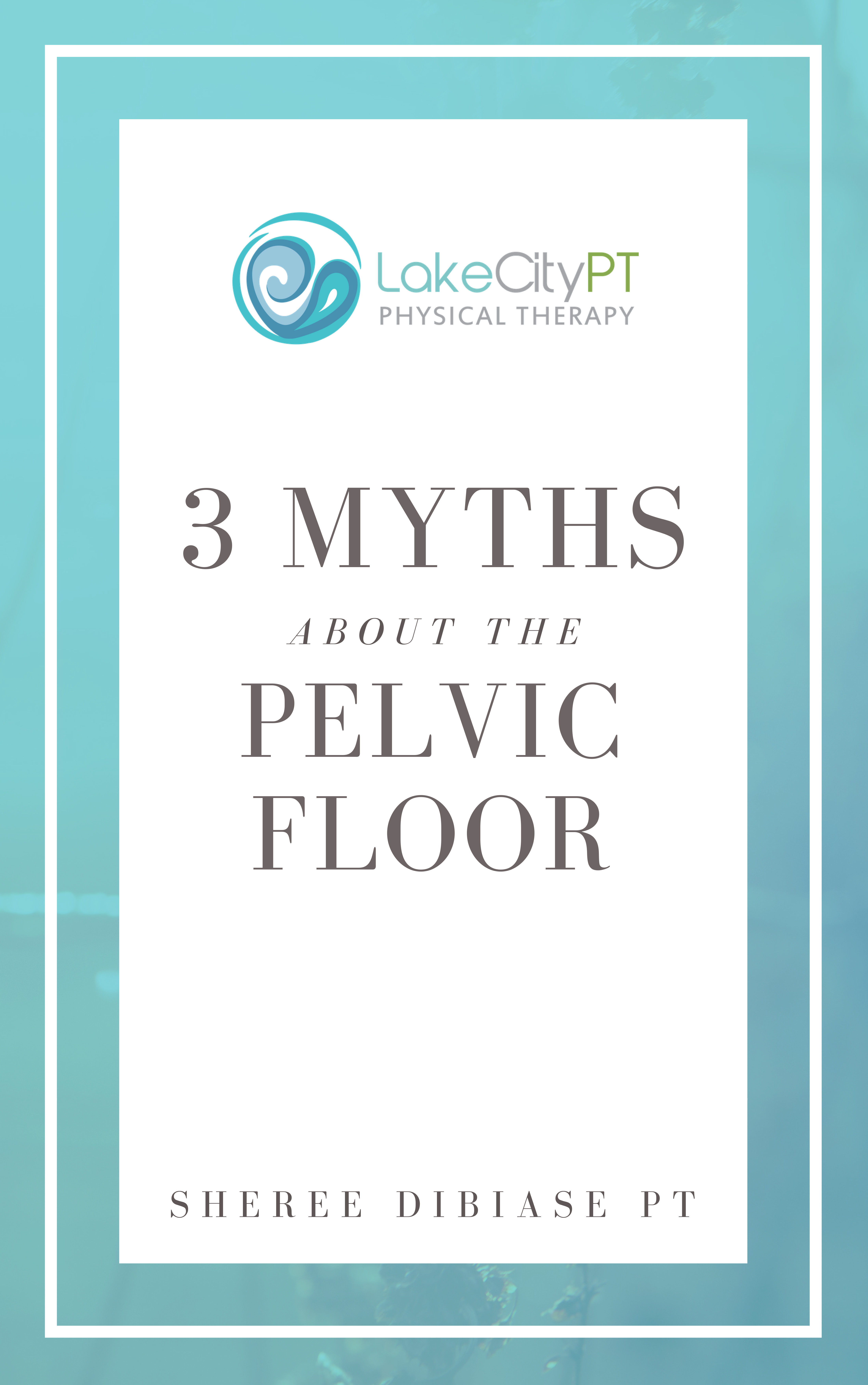Hemorrhoids and Pelvic Floor Dysfunction
Hemorrhoids and Pelvic Floor Dysfunction share some similarities but differ greatly. Each of us has a pelvic floor. It includes all the muscles supporting the urinary and reproductive systems. These muscles also control the bowels and bladder.
In women, the front Pelvic floor helps the bladder remain in place; meanwhile, it controls the rectum and the vagina at the back. In men, it serves to regulate the urethra, bowels, rectum, and bladder. Whereas, Hemorrhoids refer to swollen veins in the lower rectum and anus.
Having Hemorrhoids and Pelvic Floor Dysfunction causes severe discomfort and requires care.
In this blog, we’ll provide you with the causes, symptoms, and effective treatment for Hemorrhoids and Pelvic Floor dysfunction. Let’s begin.
Hemorrhoids: What you need to know
Hemorrhoids “Piles” are swollen veins in the lower rectum and anus, like varicose veins. It has several causes, and they may occur due to straining during bowel movements or by raised pressure on the vessels in pregnancy.
Individuals who sit or stand for prolonged periods are more likely to develop hemorrhoids. You can likewise develop hemorrhoids through chronic diarrhea and constipation also. Moreover, sneezing, coughing, and vomiting often makes hemorrhoids even worse.
If the Hemorrhoids are located inside the rectum, they’re called “Interior Hemorrhoids,” If they appear beneath the skin surrounding the anus, they’re termed “Exterior Hemorrhoids.”
Almost three out of four grownups are likely to develop hemorrhoids. Occasionally they don’t trigger any symptoms, yet at various points, they create itching, pain, and bleeding. Hemorrhoids are among the most common reasons for rectal bleeding. In most cases, they are not harmful and normally go away in several weeks.
Symptoms of Hemorrhoids
Along with the obvious symptoms such as irregular discharge of stool and urine, impacted individuals with displaced body organs may suffer a sensation of bloating around the lower abdomen areas that aggravate while standing and improve by relaxing.
Causes of Hemorrhoids
As exploring the symptoms of Hemorrhoids, the following factors are the major causes behind it:
- Any Trauma or Surgery
- Continual constipation
- Prolonged sitting periods
- The trouble with bowel movements
- Hyperactive pelvic floor muscles
- Pregnancy, or after labor and delivery
An understanding of Pelvic Floor Dysfunction
Pelvic floor dysfunction describes a condition in which a person is incapable of properly loosening up and collaborating the pelvic floor muscles to perform a bowel movement or urinate.
If you’re a female, you might experience pain during sex, whereas, if you’re a male, you might have trouble maintaining the erection known as “Erectile dysfunction.” In simple terms, the pelvic floor consists of muscular tissues located in the (base) of your hips (the lower part near the torso).
If you consider the pelvis as the residence to organs such as the uterus, bladder, and rectum, the pelvic floor muscular tissues are its foundation. These muscle masses work as the mechanism for holding everything in position within the body. Among the pelvic organs are:
- Prostate (in males)
- The Vagina and Uterus (in females)
- The bladder (where urine is stored)
- The rectum (where solid waste is stored).
Normally, you can pass a bowel movement without any issue because your body tightens up and relaxes the pelvic floor muscles. This is similar to muscle contraction, like tightening the biceps while lifting a big box or tightening the fist.
However, if someone suffers from pelvic flooring dysfunction, the body will tighten the muscles rather than relax, resulting in an incomplete bowel movement, stool or urinate leaks, etc.
Symptoms of Pelvic Floor Dysfunction
If you develop any of the following symptoms, it can be an indication of pelvic floor dysfunction:
- Frequent urination
- Constipation
- Painful urination.
- Pain during sex (in women)
- Inability to control bowels or urine resulting in leaks
- An aching sensation in the lower back for no apparent reason
Causes of Pelvic Floor Dysfunction
The complete root causes of pelvic floor dysfunction remain unknown. However, some well-known causes include:
- Overweight
- Pregnancy
- Aging
- Pelvic Surgery
- injuries near the pelvic area
- Overuse of pelvic muscles
Diagnosing Hemorrhoid and Pelvic Floor Dysfunction
If you experience any symptoms and are looking to diagnose Hemorrhoid and Pelvic Floor Dysfunction, Pelvic Floor Physical Therapy will help as there is no surgery to treat this issue.
Regular pelvic floor therapy provides a long-term cure to hemorrhoid and Pelvic floor dysfunction.
It is a treatment method that uses physical therapy treatments and provides a sensible, organized, and secure restructuring of your pelvic floor muscle mass. The primary objective of this therapy is to restore the strength and functionality of your pelvic floor muscle mass minimize pain, disorder, and weaknesses in your muscles.
A certified physiotherapist will examine your muscle mass via the rectum or vaginal area and adjust them to enhance their strength and functionality. The therapist will stretch the muscular tissues to fight the resistance of muscles.
Pelvic floor treatment usually involves eight sessions lasting one hour each throughout a few weeks. However, in extreme situations, the process could take months.
Benefits of Pelvic Floor Therapy
Urinary incontinence and endometriosis are the two major issues dealt with pelvic floor therapy. However, they do not occur alone. Pelvic flooring concerns are associated with various other symptoms and causes that are treatable with this therapy. A few of the concerns are:
- Prolapse
- Painful sex
- Vulva pain
- Genital skin issues
- Tensing of the vagina
- Bowel and bladder concerns
- Pain in groin, legs, lower back, hips, and abdomen
If you suffer from extreme back pain and skin troubles, it is best to see an expert in those areas. If you combine massage, Yoga, and dietary advice, it’ll improve the symptoms.
Final Words
Almost three out of four adults are at risk for Hemorrhoids, whereas one in three women have a pelvic floor disorder in their lifespan. In any case, if you’re experiencing painful sex, constipation, or bladder leakage, then you may have pelvic floor dysfunction.
Since there is no surgery available to cure it, Pelvic Floor Therapy is the only treatment that can cure it. We believe the causes of Hemorrhoids and Pelvic Floor Dysfunction will help you understand the condition.

